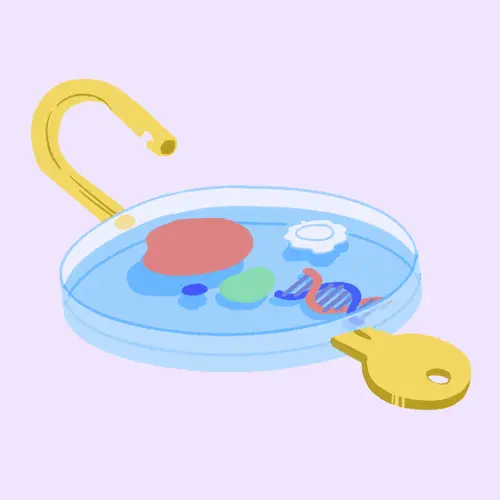Different medications can treat allergies, including steroids and allergy shots, but usually the first thing to try is an antihistamine.
How Does Allergy Medicine Work?
For lots of people, allergy treatment is reactive. You get stuffed up, your eyes water, and then you go to the medicine cabinet for relief. But many doctors say that we’ve got it the wrong way around. Instead, we should be taking the medicine before we have symptoms. Call it allergy pretreatment.
By waiting, you could be risking more than mild discomfort. Once allergy symptoms start, you might need more heavy-duty medicine to get them under control.
What Is Allergy Pretreatment?
It’s simple: Start taking your medicine a few weeks before the allergy season starts. If you know what triggers your allergies, getting a jump on them should be easy.
How Antihistamines Treat Allergies
When your body comes into contact with whatever your allergy trigger is -- pollen, ragweed, pet dander, or dust mites, for example -- it makes chemicals called histamines. They cause the tissue in your nose to swell (making it stuffy), your nose and eyes to run, and your eyes, nose, and sometimes mouth to itch. Sometimes you may also get an itchy rash on your skin called hives.
Antihistamines reduce or block histamines, so they stop allergy symptoms.
These medicines work well to relieve symptoms of different types of allergies, including seasonal (hay fever), indoor, and food allergies. But they can't relieve every symptom.
To treat nasal congestion, your doctor may recommend a decongestant. Some medicines combine an antihistamine and decongestant.
What Types of Antihistamines Are Available?
They come in different forms, including tablets, capsules, liquids, nasal sprays, and eyedrops. Some are only available by prescription. Others you can buy over the counter (OTC) at your local pharmacy.
Prescription antihistamines include:
- Azelastine eyedrops (Optivar)
- Azelastine nasal sprays (Astelin, Astepro)
- Carbinoxamine (Arbinoxa, Karbinal ER)
- Cyproheptadine
- Desloratadine (Clarinex)
- Emedastine eyedrops (Emadine)
- Hydroxyzine (Atarax, Vistaril)
- Levocabastine eyedrops (Livostin)
- Levocetirizine oral (Xyzal)
OTC antihistamines include:
- Brompheniramine (Dimetane)
- Cetirizine (Zyrtec)
- Chlorpheniramine (Chlor-Trimeton)
- Clemastine (Tavist)
- Diphenhydramine (Benadryl)
- Fexofenadine (Allegra)
- Loratadine (Alavert, Claritin)
Eyedrops treat symptoms of eye allergies, including itchy, watery eyes. Some medications combine an antihistamine and a decongestant to ease congestion.
Side Effects of Antihistamines
Older ones tend to cause more side effects, particularly drowsiness.
Newer antihistamines have fewer side effects, so they may be a better choice for some people.
Some of the main side effects of antihistamines include:
- Dry mouth
- Drowsiness
- Dizziness
- Nausea and vomiting
- Restlessness or moodiness (in some children)
- Trouble peeing or not being able to pee
- Blurred vision
- Confusion
If you take an antihistamine that causes drowsiness, do so before bedtime. Don’t take it during the day before you drive or use machinery.
Read the label before you take an allergy drug. Antihistamines may interact with other medications you are taking.
Talk to your doctor first if you have an enlarged prostate, heart disease, high blood pressure, thyroid problems, kidney or liver disease, a bladder obstruction, or glaucoma. Also check with your doctor if you are pregnant or nursing.
